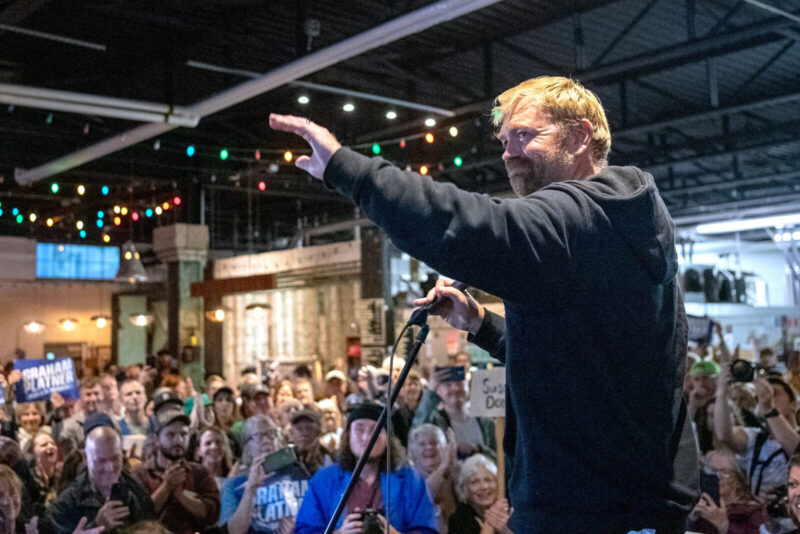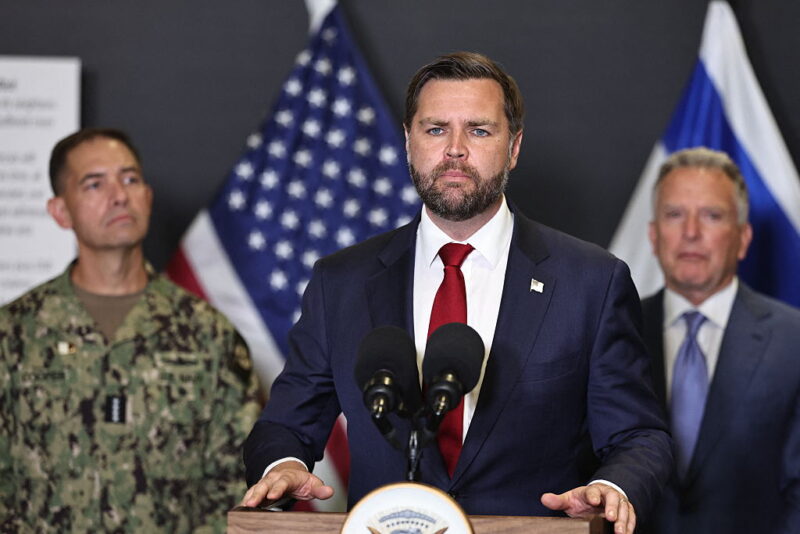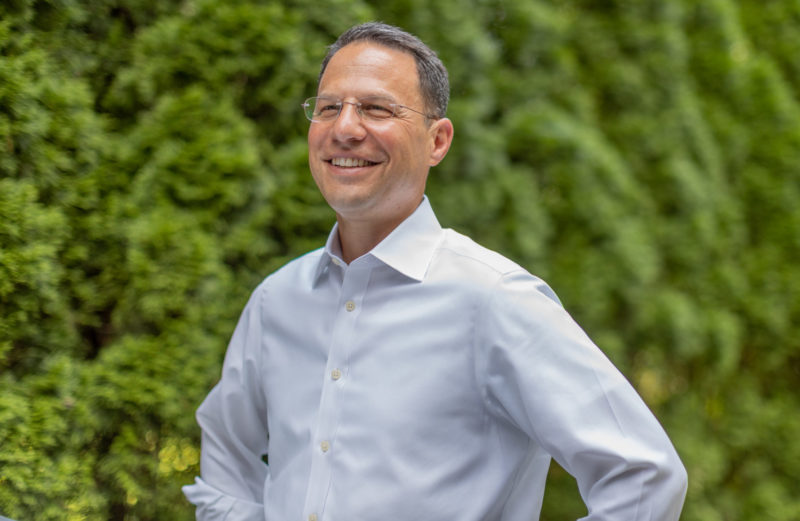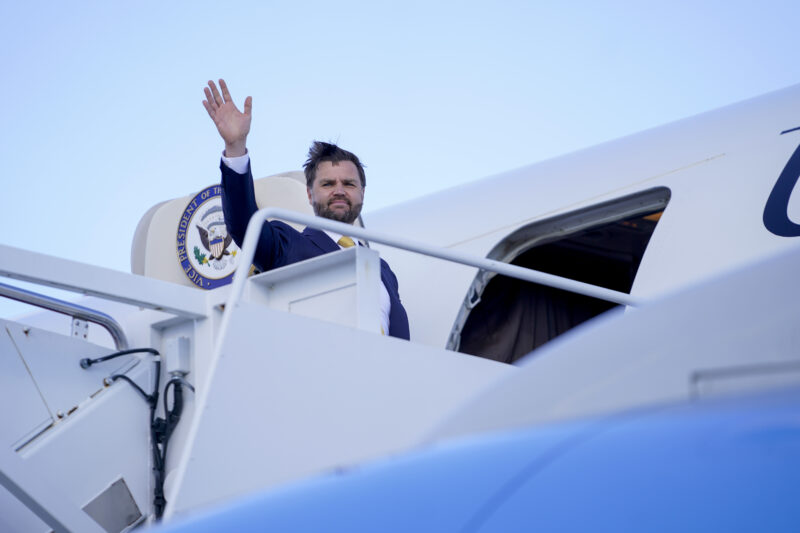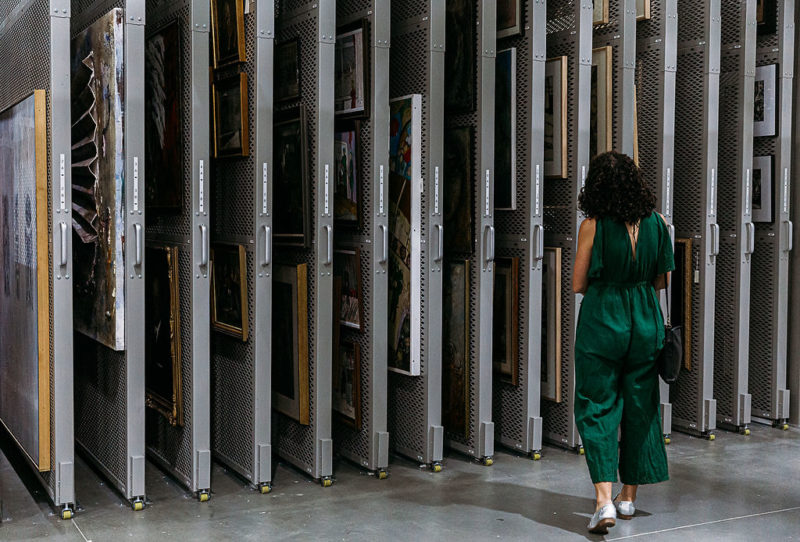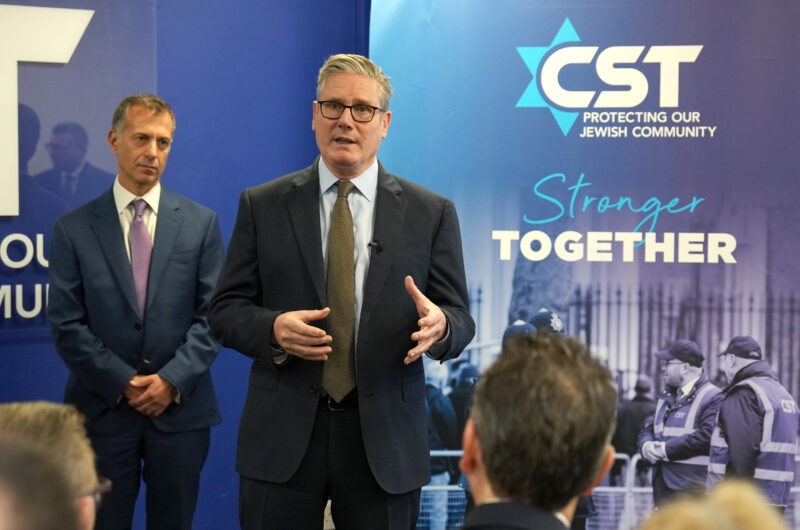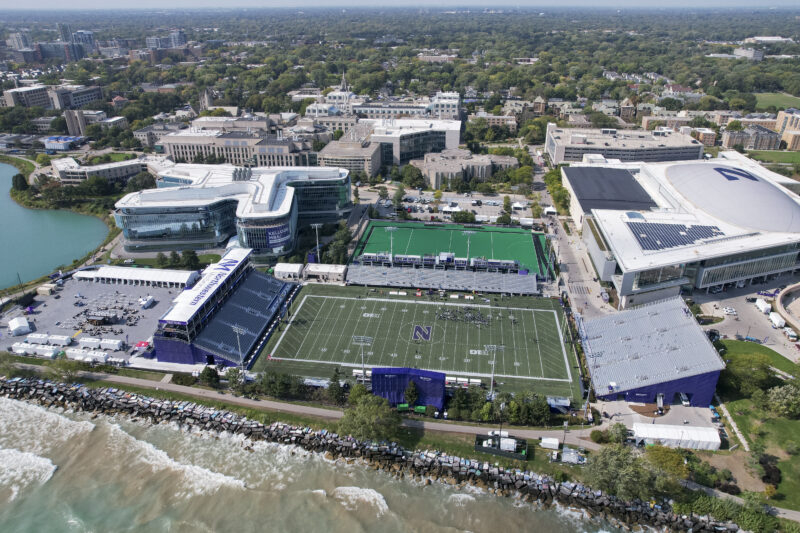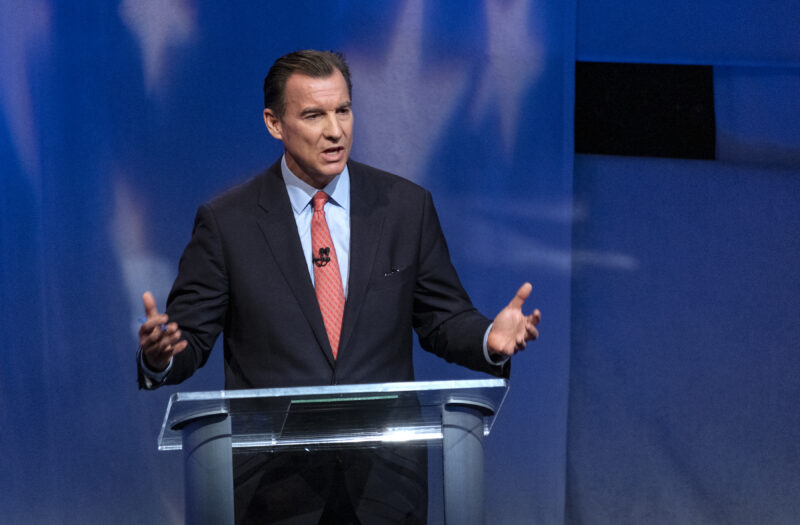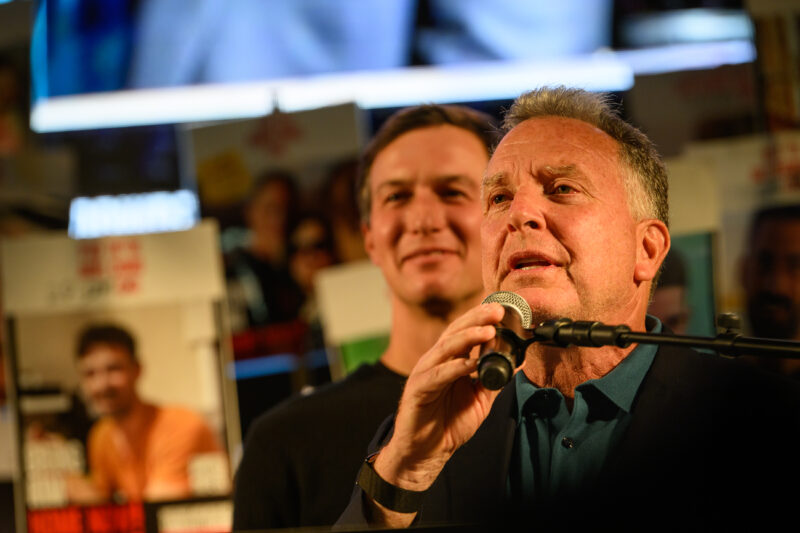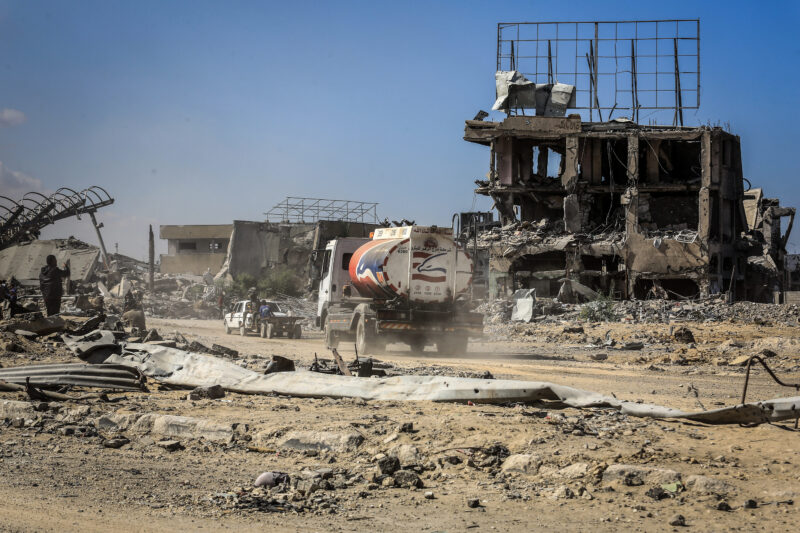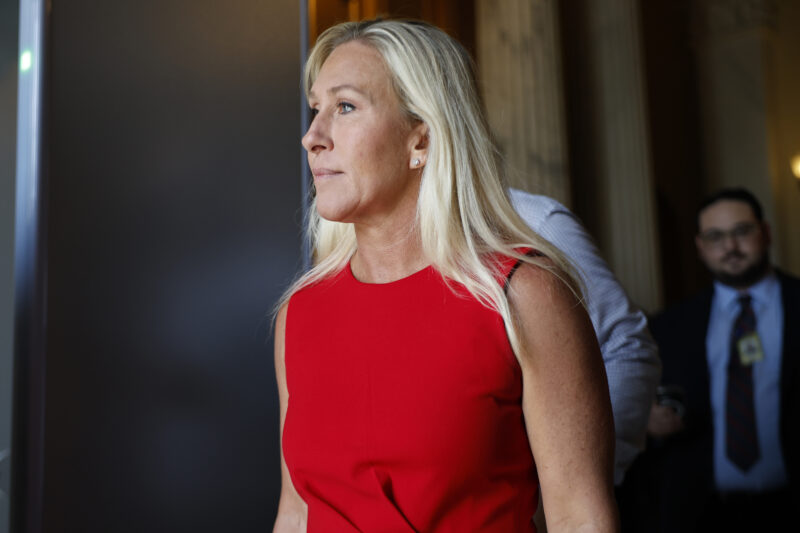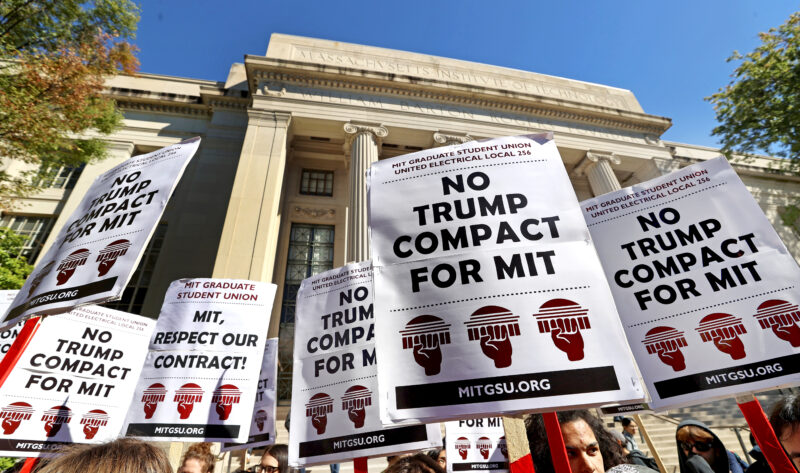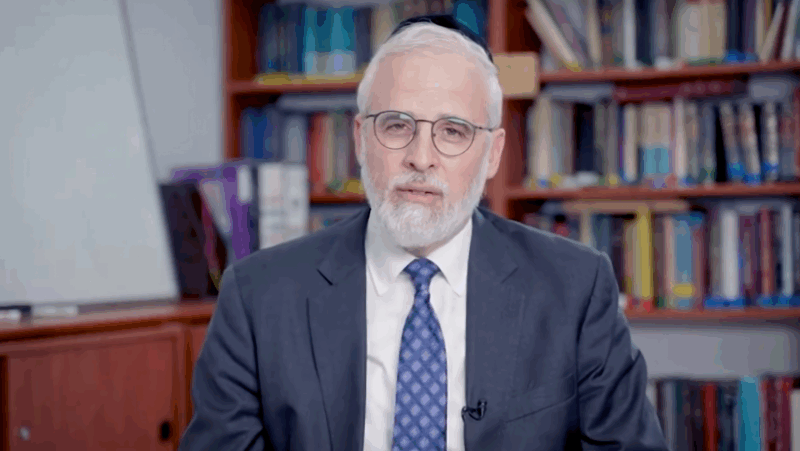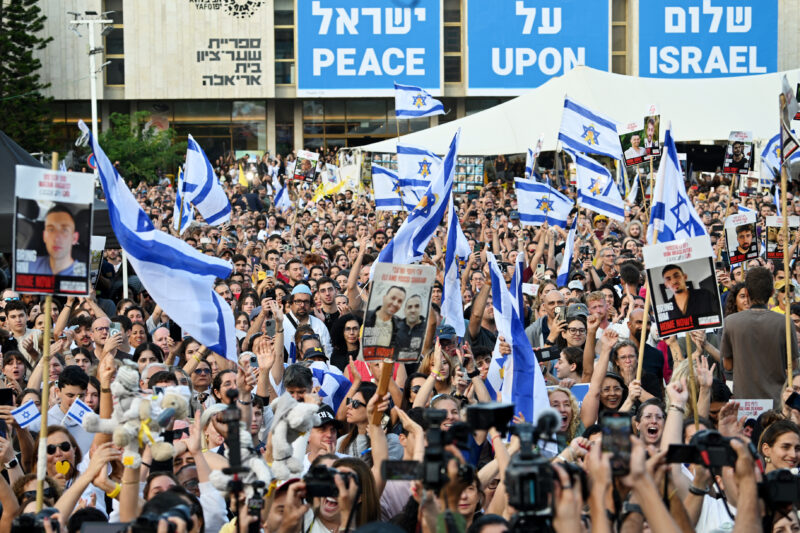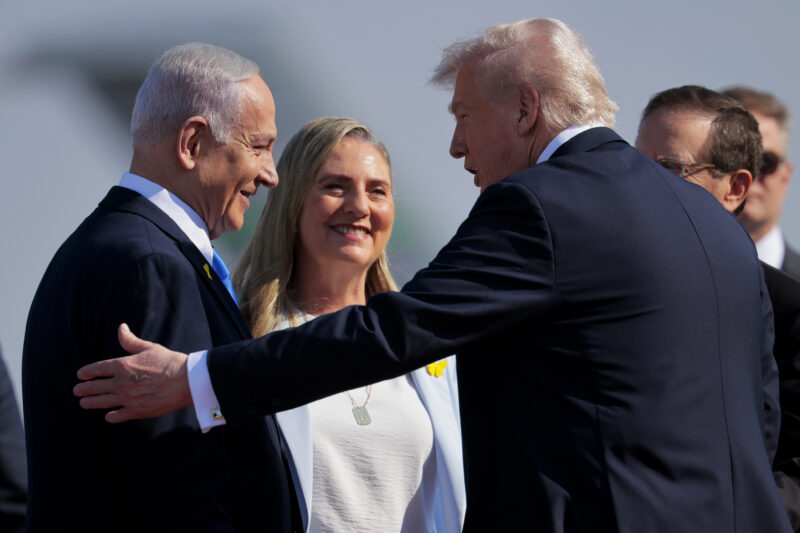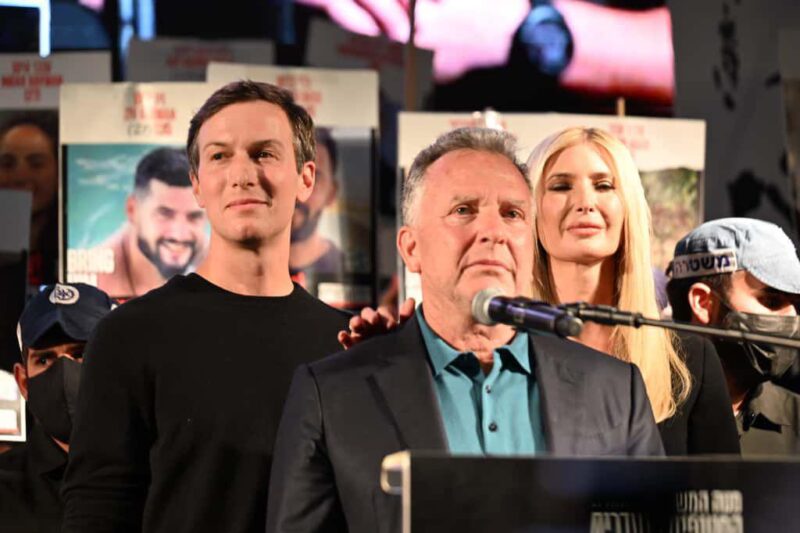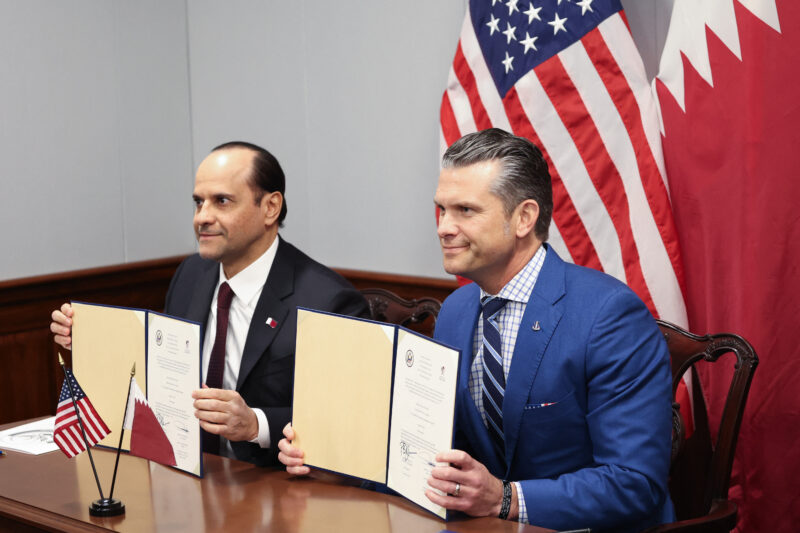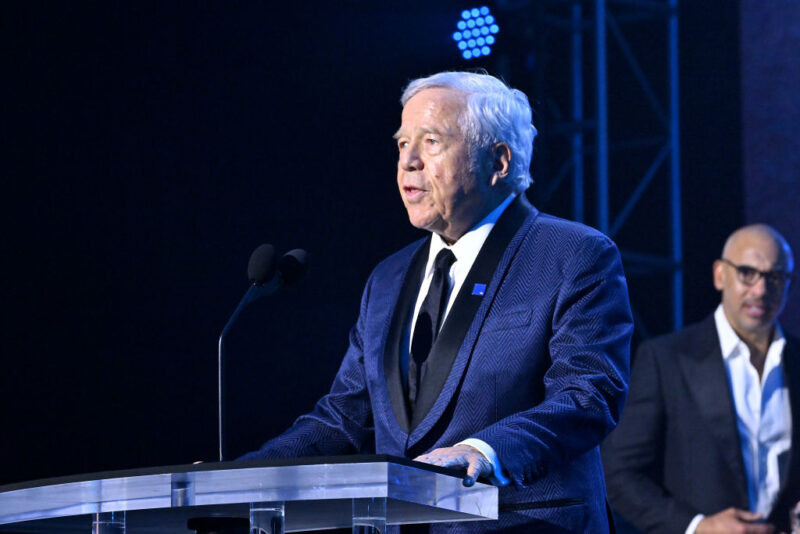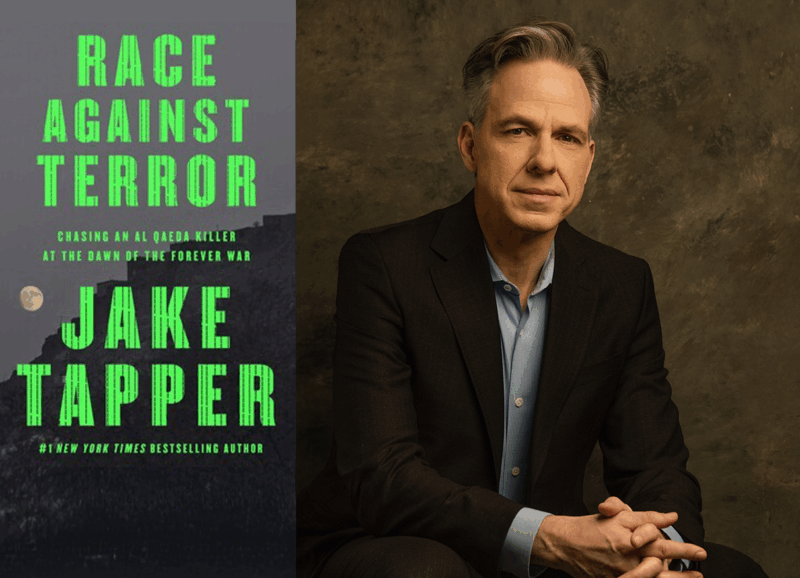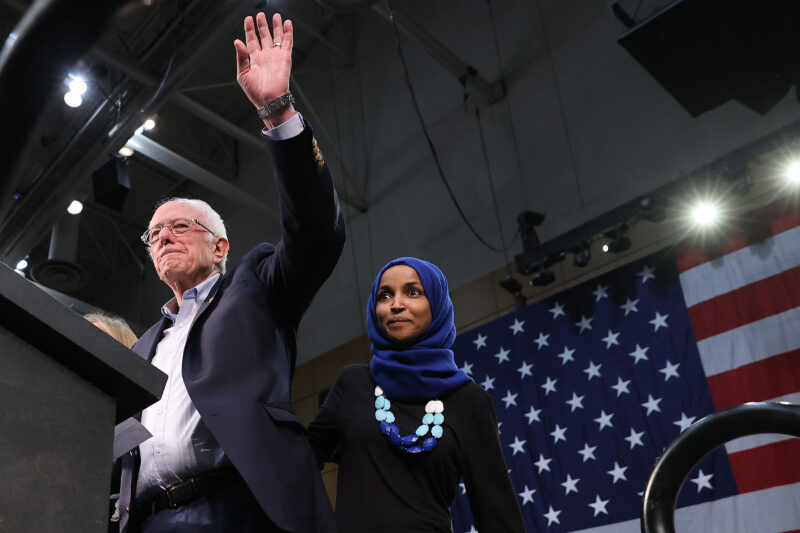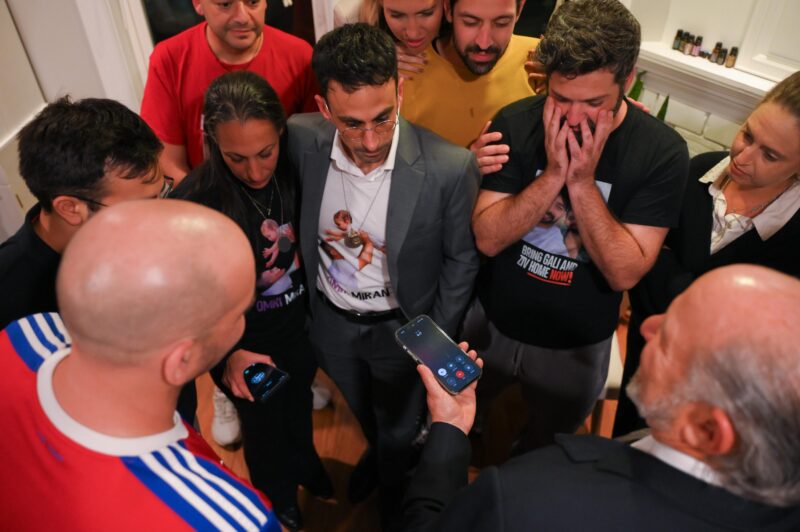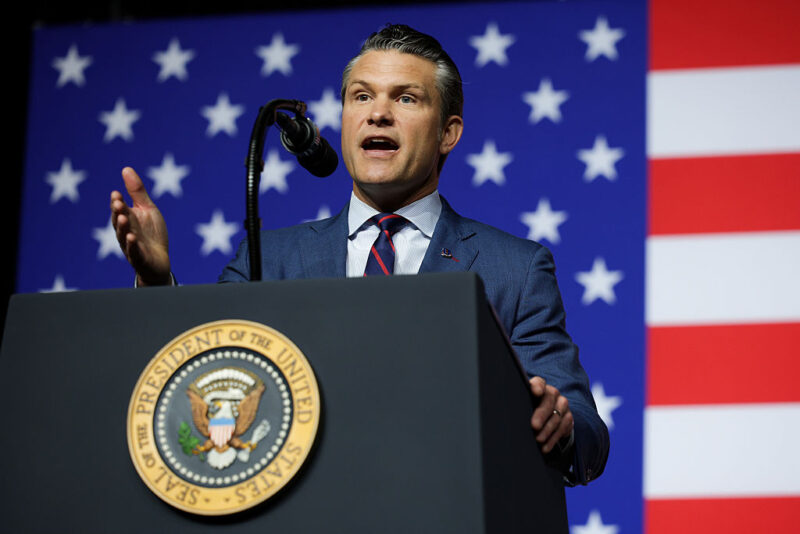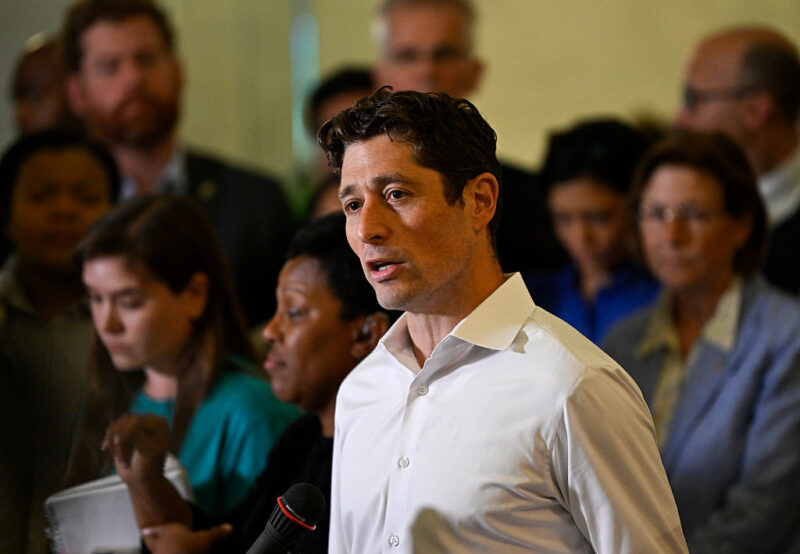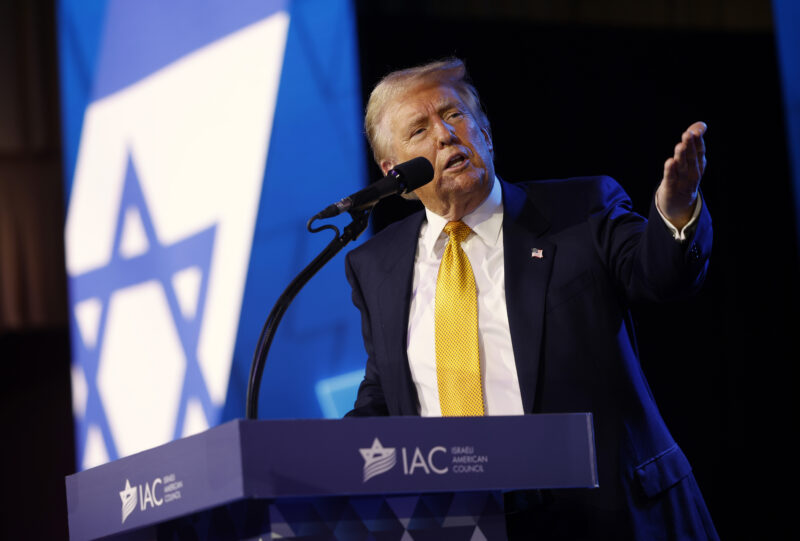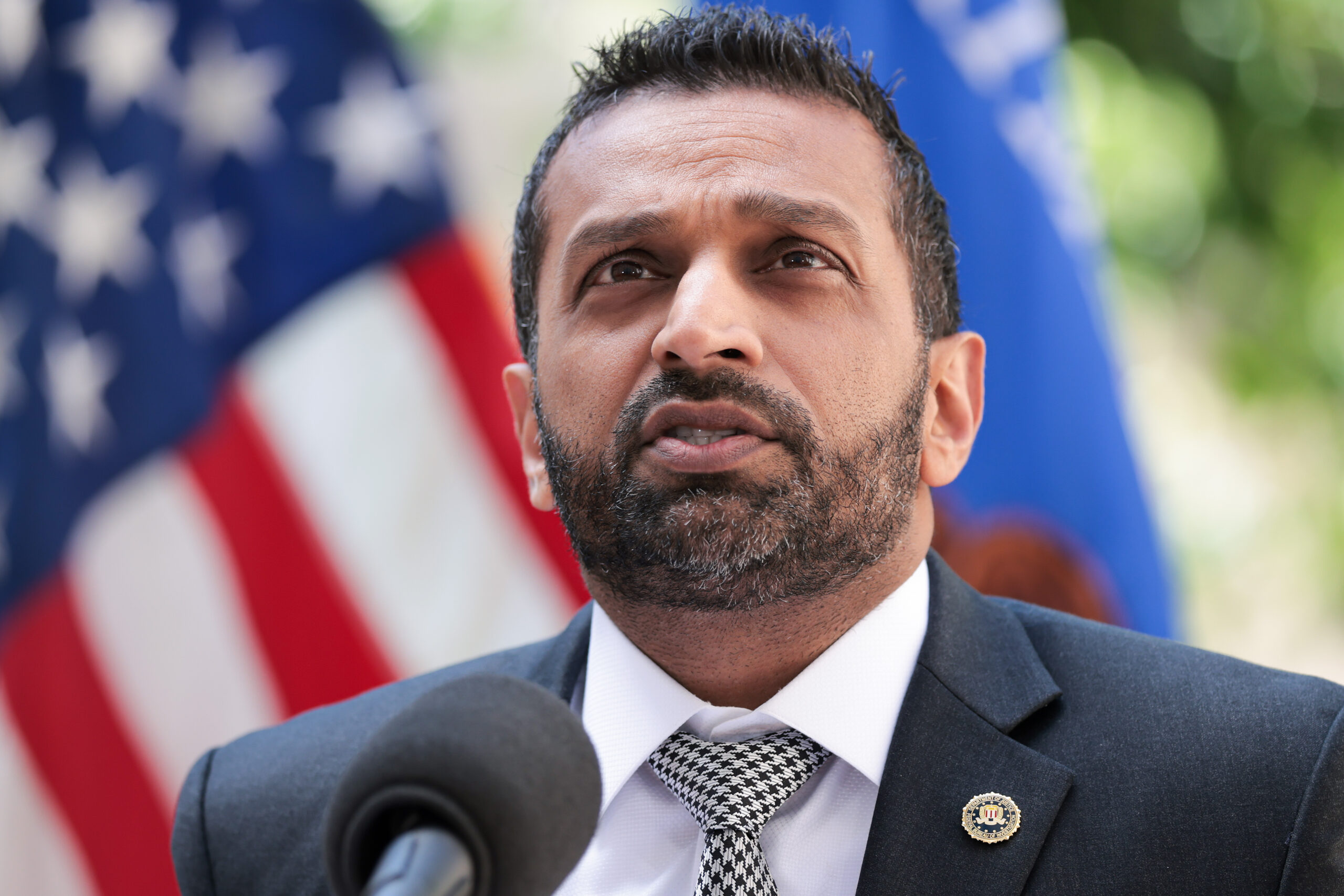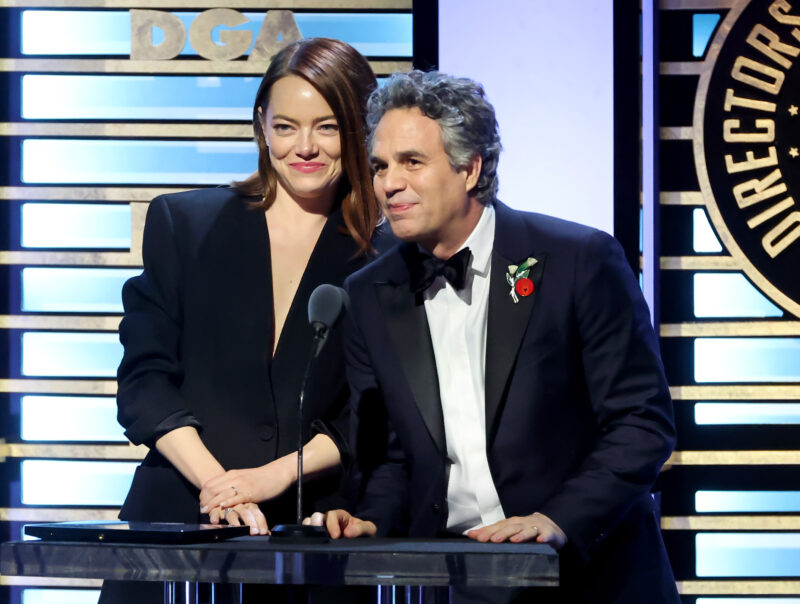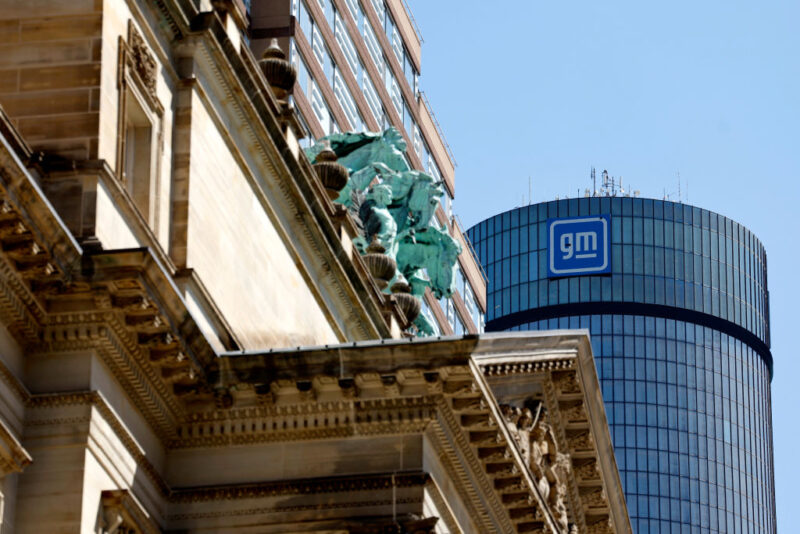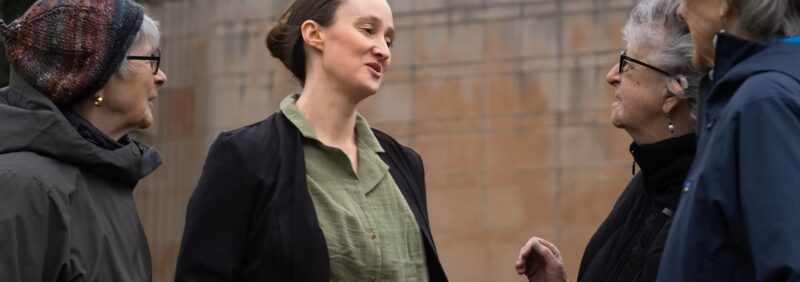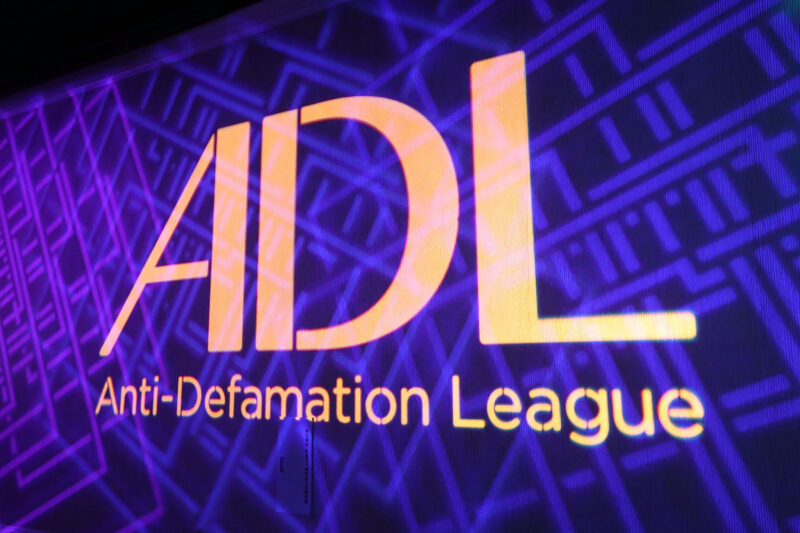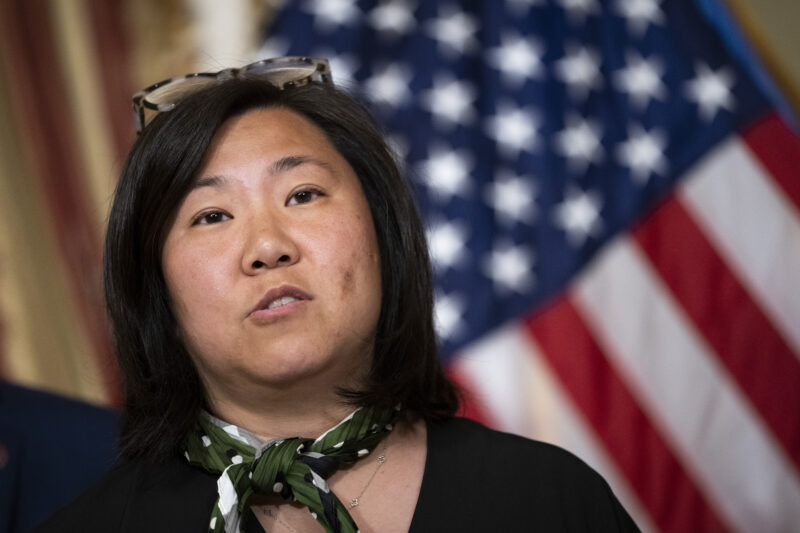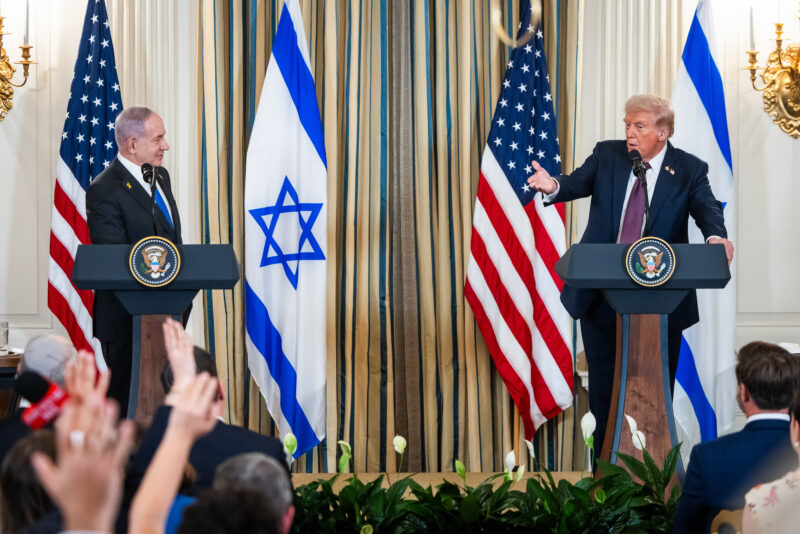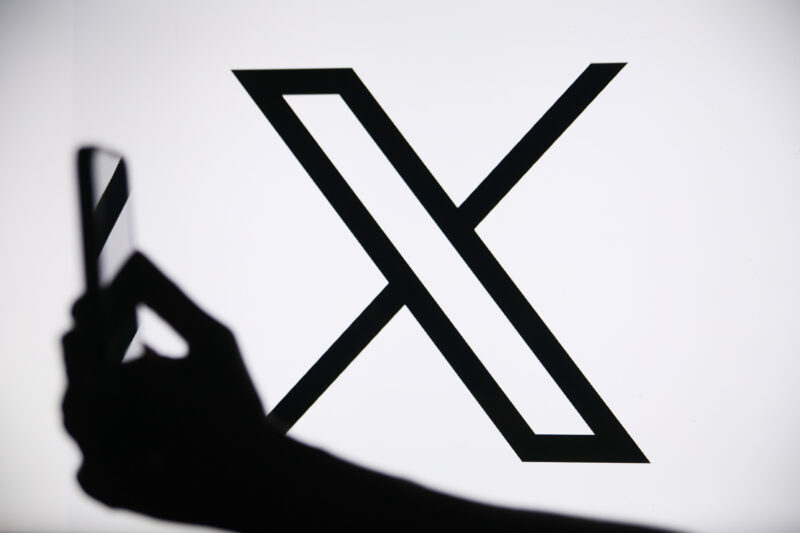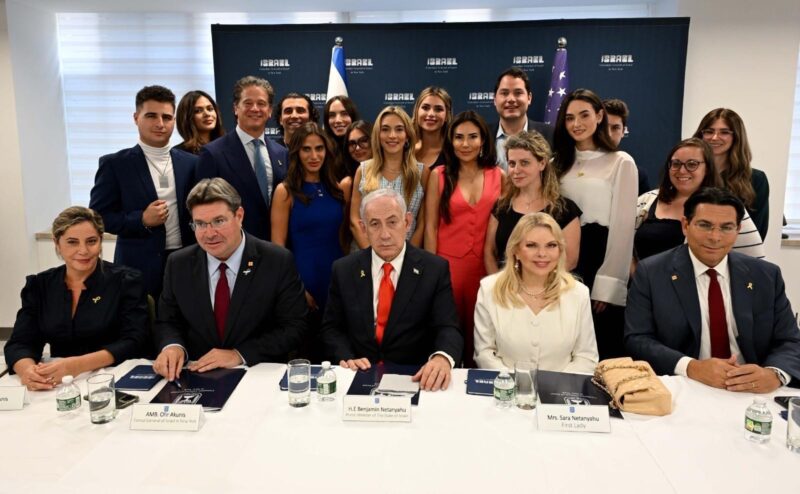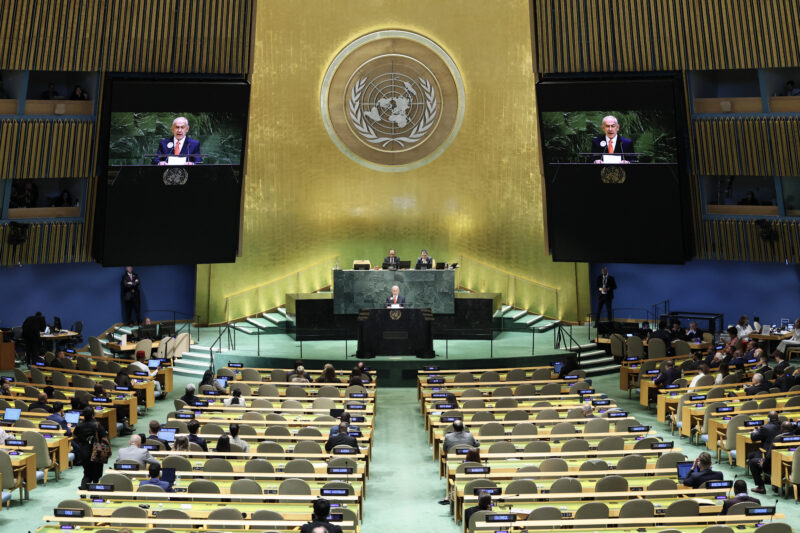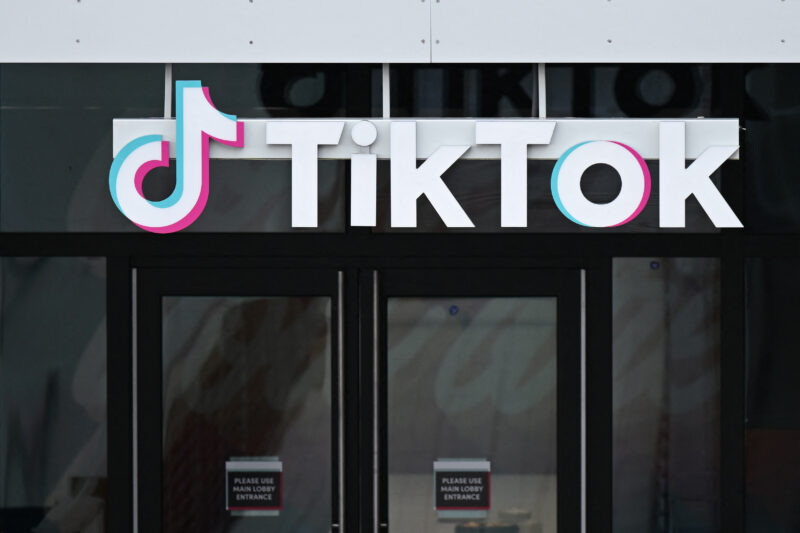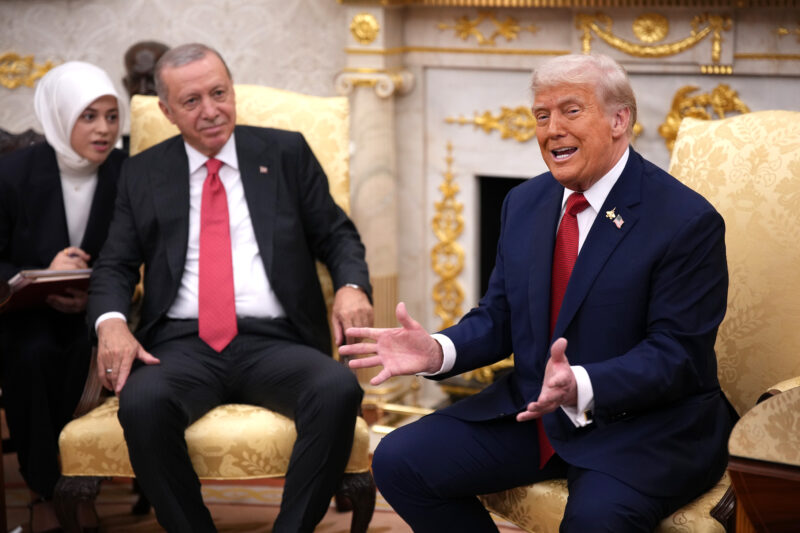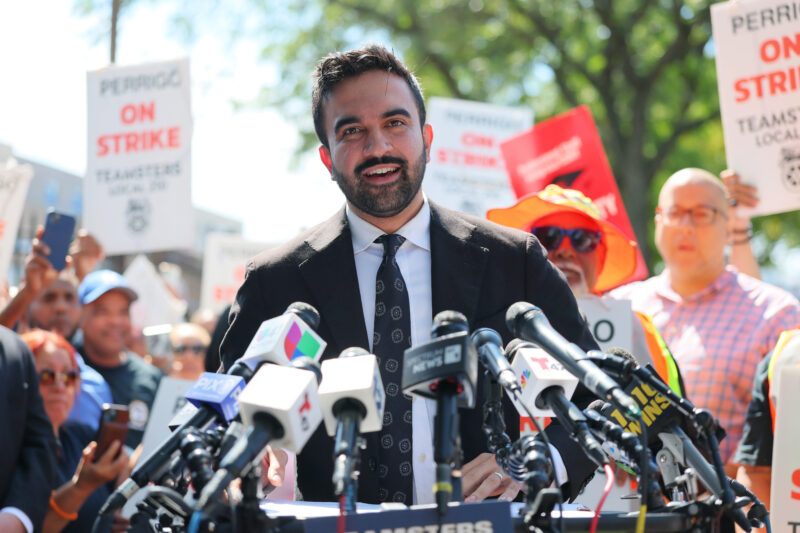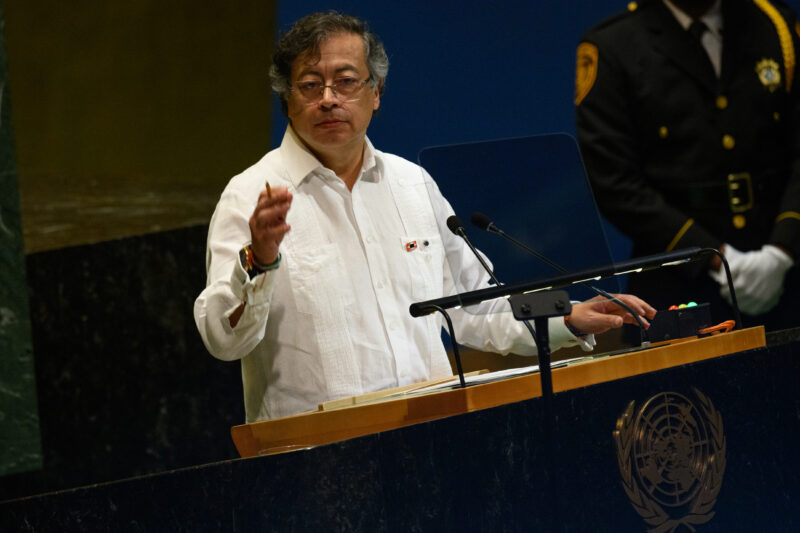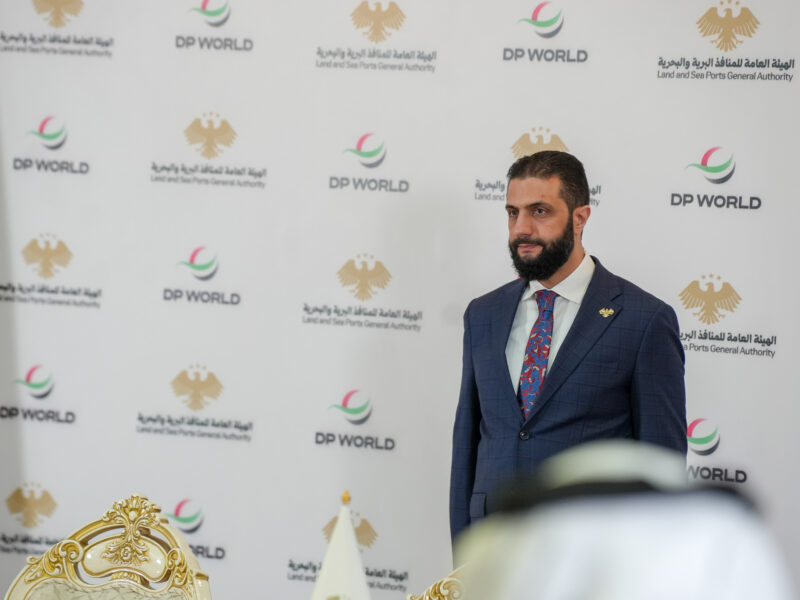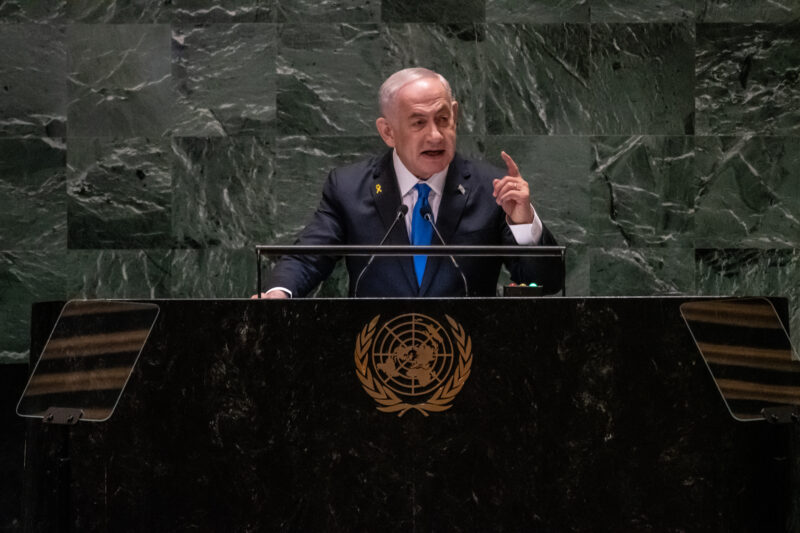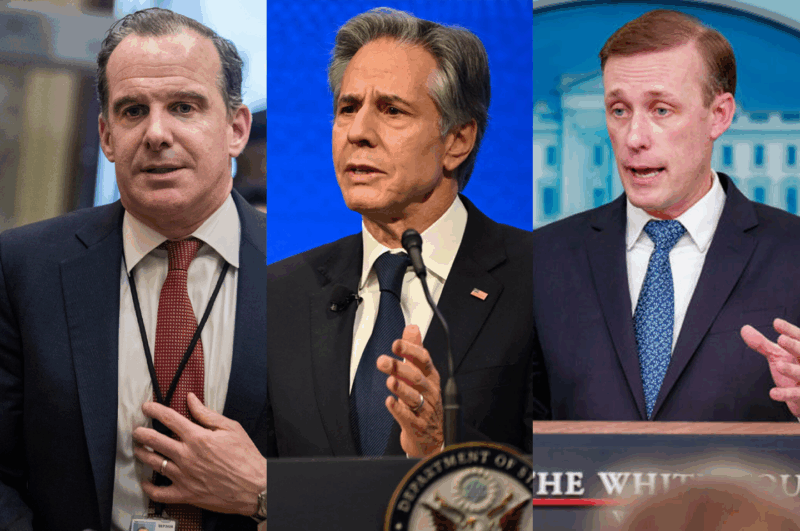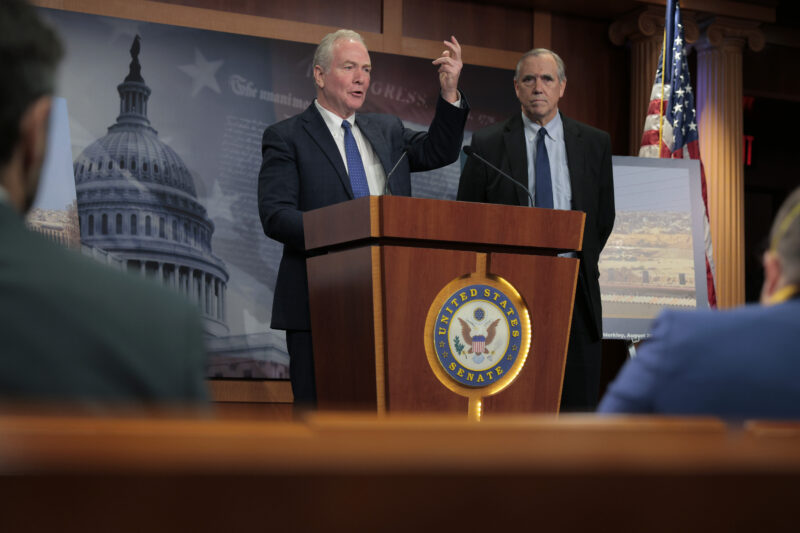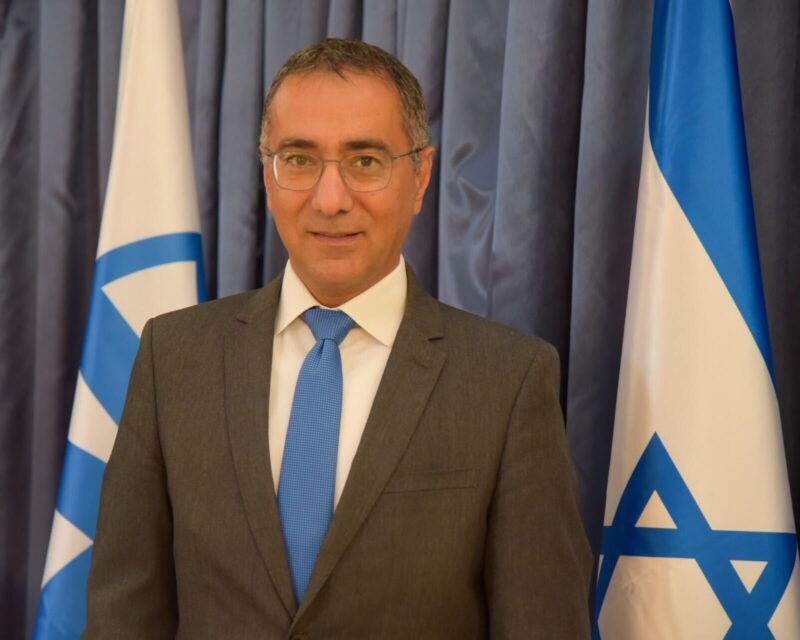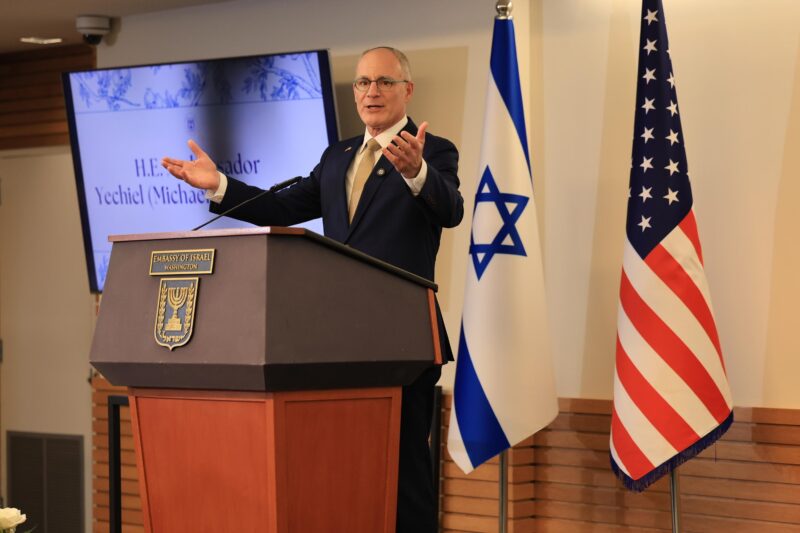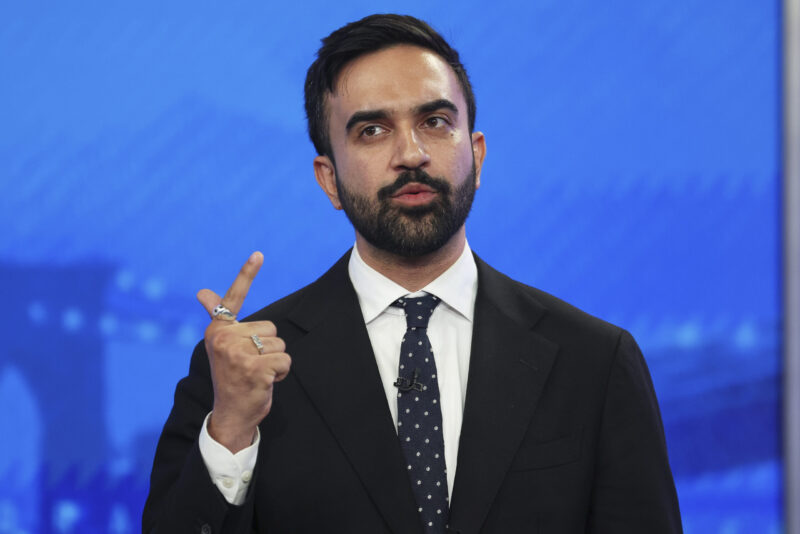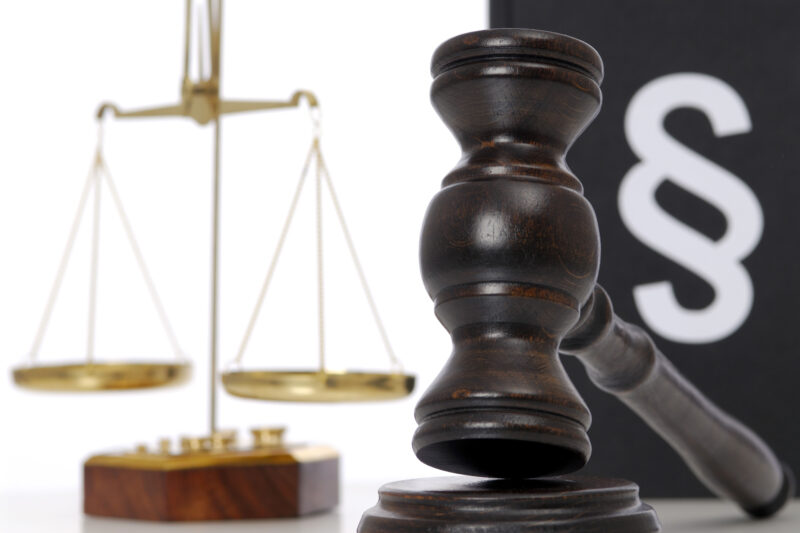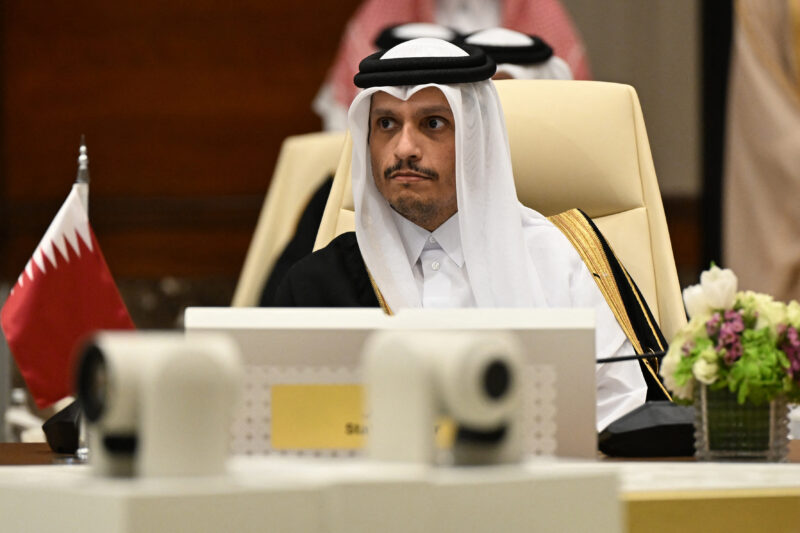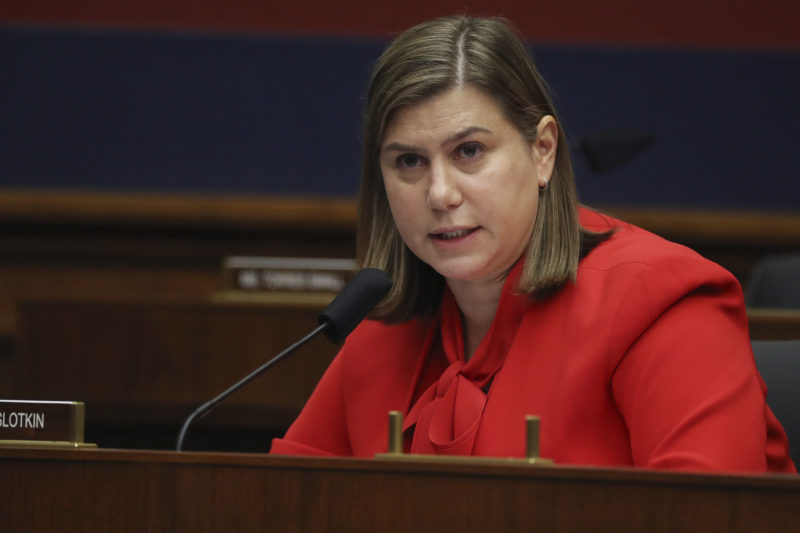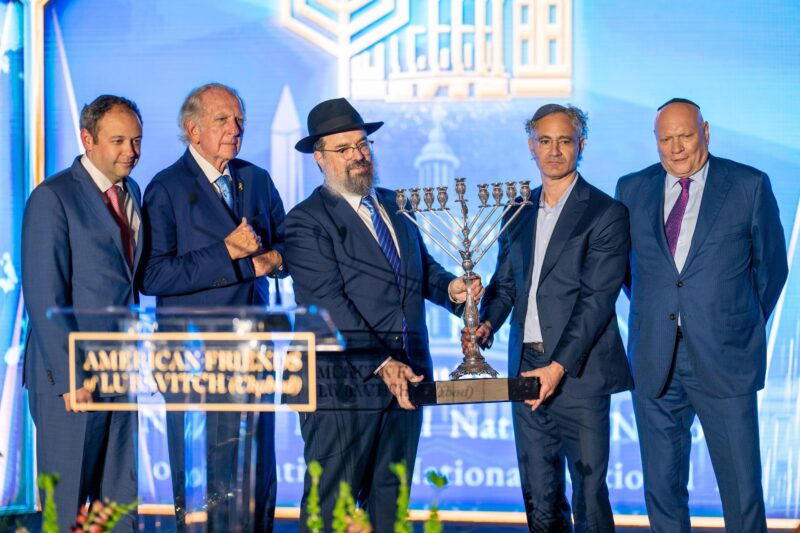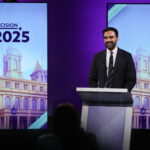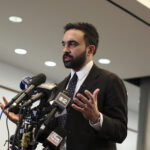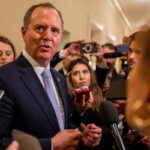Ireland set to elect president with contentious record on Israel, Russia, and Western alliances
The front-runner’s anti-Israel history goes back to before the Oct. 7, 2023, Hamas attacks on Israel, and includes remarks that crossed the line into antisemitism
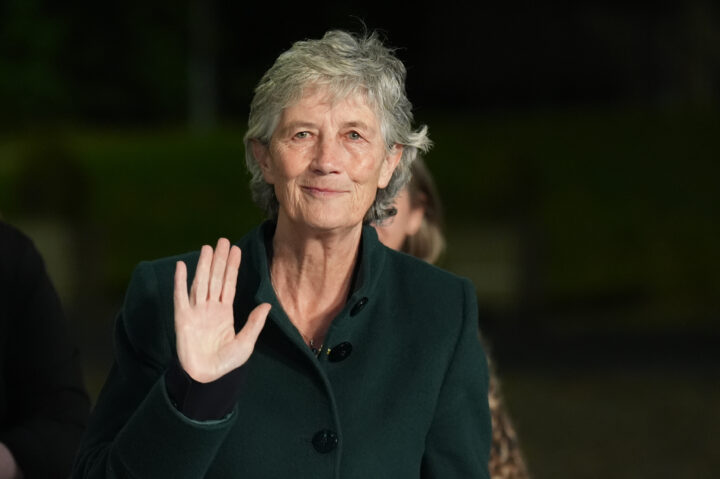
Niall Carson/PA Images via Getty Images
Irish presidential independent candidate Catherine Connolly arrives to take part in the final debate of the Irish presidential election campaign at the RTE studios in Donnybrook, Dublin. Tuesday October 21, 2025.
Ireland is set to elect a new president tomorrow. Like in Israel, the role of president is largely ceremonial, but unlike in Israel, where the Knesset elects the president and the choice is mostly the result of backroom political deals, the Irish president is directly elected by the people.
That means the choice reflects the mood of the Irish public — and after the news coming out of the Emerald Isle over the past two years, it may come as no surprise that the country appears to be on the verge of choosing a candidate with anti-Israel, antisemitic and even anti-Western views.
The current president, Michael D. Higgins, is no friend of Israel or the Jews, having called antisemitism accusations an Israeli “PR exercise.” When the Jewish community asked him not to attend a Holocaust remembrance ceremony out of a concern that he would politicize it, he went anyway and gave a speech comparing Israel’s actions in the war in Gaza to the Holocaust.
The country’s former justice minister, Alan Shatter, told Jewish Insider that the leading candidate for the presidency, Catherine Connolly, “if elected, will present as Michael D. Higgins on steroids.”
Connolly, a legislator representing Galway West since 2016, is a hard-left candidate running as an independent, and led a recent Irish Times poll by 18 points.
The front-runner’s anti-Israel history goes back to before the Oct. 7, 2023, Hamas attacks on Israel and the ensuing war in Gaza, and includes remarks that crossed the line into antisemitism. In 2021, Connolly wrote in a parliamentary question that Israel is “attempt[ing] to accomplish Jewish supremacy,” using language associated with centuries-old antisemitic conspiracy theories.
Since then, she has brought up Israel, which she calls a “terrorist state” or “an apartheid state,” in parliament over 200 times. One of those times was questioning the Irish Embassy in Tel Aviv joining an EU member embassies’ statement marking Holocaust Remembrance Day last year.
Last month, she criticized calls to keep Hamas out of a future government for Gaza, saying that the terrorist organization is “part of the fabric of the Palestinian people.”
Her views have earned her the endorsement of the notorious Hezbollah-supporting Irish rapper duo Kneecap.
Connolly has also said that the U.S. and EU cannot be trusted, and called President Donald Trump a bully. She has parroted Russian President Vladimir Putin’s line on his invasion of Ukraine, claiming that “NATO has played a despicable role in moving forward to the border and engaging in warmongering.” She also said that Russia’s attempt to assassinate Sergei and Yulia Skripal, a former Russian military intelligence officer and double agent for the British intelligence agencies and his daughter, should be viewed in the “context” of an EU and NATO missile buildup.
Shatter said that Connolly “personifies the Irish left’s and Sinn Fein’s anti-Israel hostility … counting amongst her political supporters those who advocate Israel’s replacement by a Palestinian state. On social media she is supported by the entirety of the obsessive Israel-hating Irish social media community. … She regards the Irish government’s hostility towards Israel and anti-Israel action to date as insufficient.”
Connolly “is a product of the Irish government pandering to and adopting the narrative of Israel’s most extreme critics, and the government parties failing to nominate credible, articulate candidates,” Shatter argued.
Shatter also pointed out that, while there are other issues on the national agenda, Connolly’s “hostility to Israel has [put her in] center stage.” In addition, he said that at many of her events, supporters have been “waving Palestinian flags as if the Irish flag has gone out of fashion.”
Perhaps the front-runner’s obsession with a conflict thousands of miles from Dublin and disconnected from key issues in Irish society is a reason why turnout is expected to hit a record low on Friday. “Of the big-ticket items in Irish society – for instance housing, race, climate change, unification – [the candidates] have had very little interesting things to say,” and the campaign “hasn’t inspired voters,” professor Kevin Rafter, a political scientist and the co-author of The Irish Presidency: Power, Ceremony and Politics, told The Guardian.




